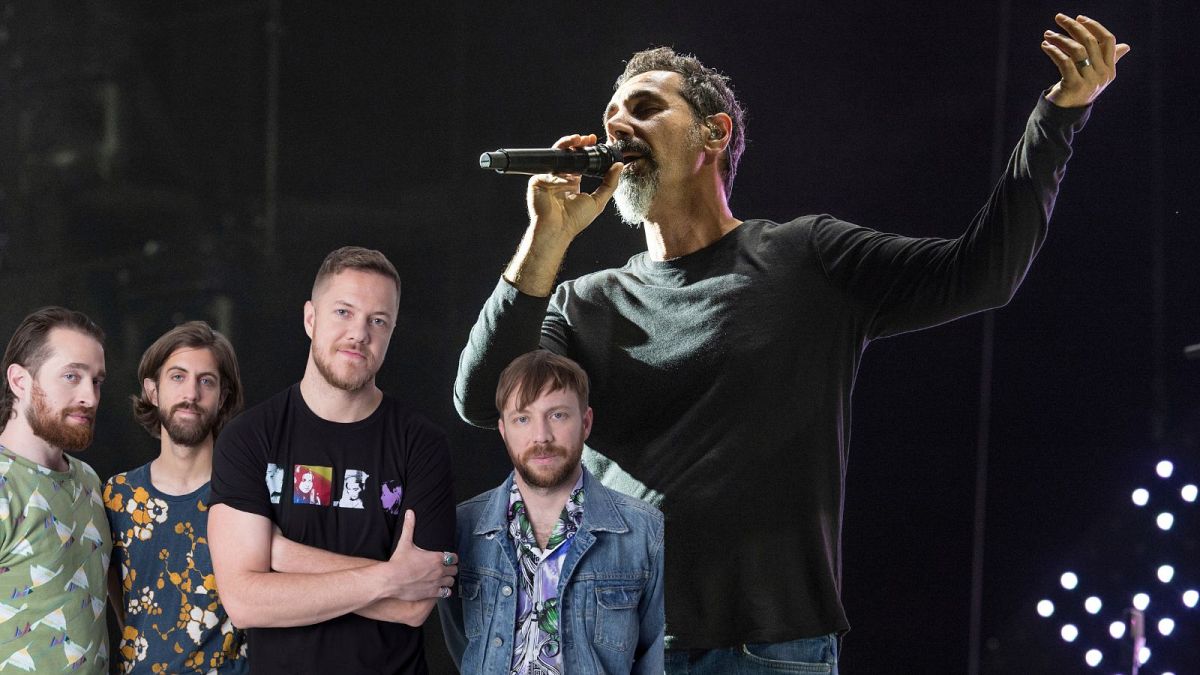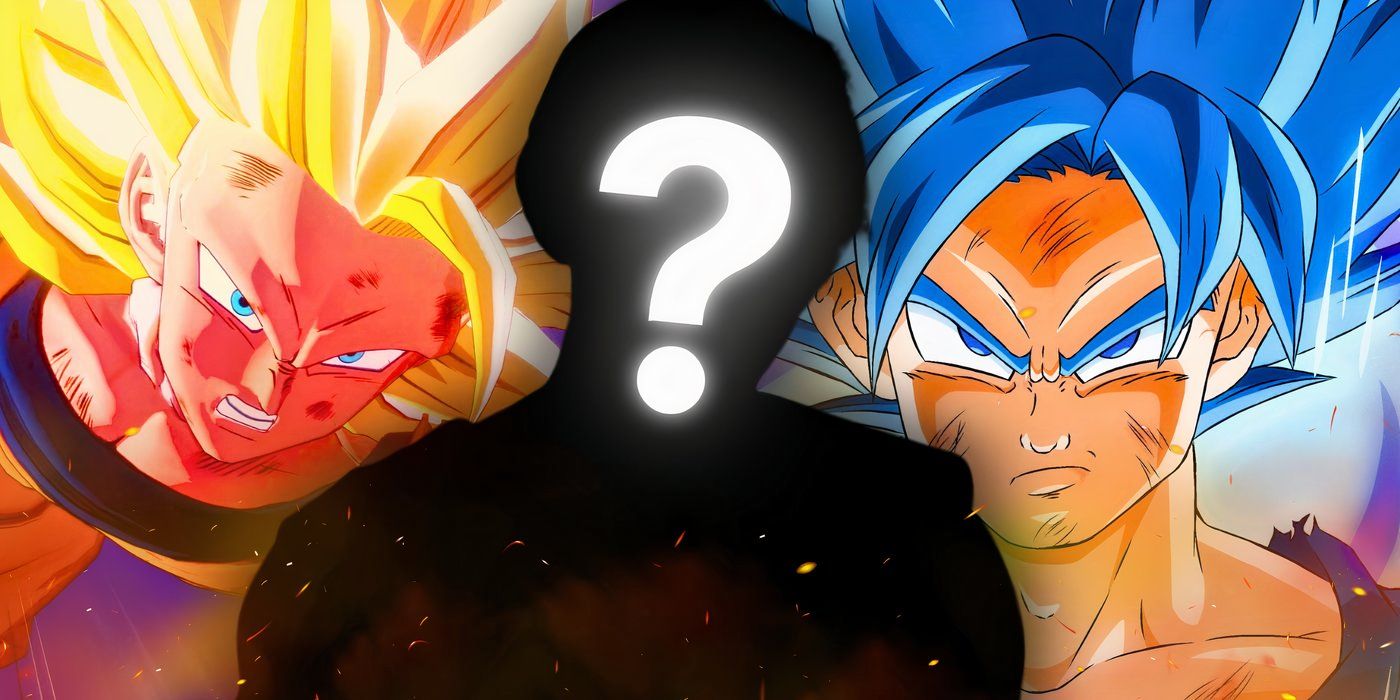“Fuck their art”: Why does System of a Down singer Serj Tankian criticize Imagine Dragons?

Serj Tankian of System of a Down criticized Imagine Dragons for holding their controversial concert in Azerbaijan, saying they were “not good people in my opinion.”
Last year, System of Down frontman Serj Tankian warned Imagine Dragons against performing in Azerbaijan.
He had written an open letter to the pop-rock band, asking them not to play in the capital Baku. He accused the country of “crimes against humanity” because of the military actions, which he described as threatening “genocide”.
Tankian warned at the time that the band’s performance could “help whitewash the image of the dictatorial regime” and that the fact that the band showed up for the performance despite the events in the region would have a “negative impact on the Imagine Dragon brand.”
“I am confident that you can decipher all the facts yourself to decide whether to cancel your concert.”
At the time, AP News reported that a former chief prosecutor of the International Criminal Court had warned that Azerbaijan was preparing a full-scale genocide against ethnic Armenians in its Nagorno-Karabakh region.
Tankian was not the only musician to call for the concert to be cancelled: Roger Waters, Brian Eno and Thurston Moore all urged that Imagine Dragons withdraw from the show.
“Appearing in Baku under these circumstances, regardless of the intention, can only help the government of Azerbaijan to cover up its crimes,” reads one section of an open letter they published last August.
Imagine Dragons have chosen to perform at the show, and Tankian stated in a recent interview that they are “not good people.”
In response to the question from Metal hammer Responding to his feelings after Imagine Dragona performed in Baku last September, Tankian said: “I don’t know these people, but who are these people? I don’t understand this kind of thinking. Shortly after that, Azerbaijan attacked the people of Nagorno-Karabakh and 120,000 people left their historic homeland.”
He continued, “Look, I’m not a judge telling bands where to play and where not to play. There are other artists who play in very questionable kingdoms ruled by one person where people barely have human rights, and I understand that they’re doing it for the money, that they’re artists, that they’re entertaining, all of that. But if there’s a government that’s on the verge of ethnic cleansing, if Azerbaijan is starving the 120,000 Armenians in Nagorno-Karabakh and not allowing food or medicine into the country… you know, if I had found out about it as an artist, there’s no way I could have gone and played at that show.”
Tankian went on to say he doesn’t know what to say to artists who perform these shows. “I don’t respect them as people. Screw their art, to me they’re not good people.”
He concluded: “If you’re so blind to justice that you play in a country that’s starving another country, illegally, according to the International Court of Justice, according to what Amnesty International says, according to what Human Rights Watch says… If you still play in that country, I don’t know what to say about you as a fucking human being. I don’t even care about your music. If you’re a bad person, I don’t give a shit. So that’s how far I am with it. I have zero respect for these guys.”
Imagine Dragons have not yet responded to any comments from Tankian or her fellow musicians.
System of a Down have long spoken out against Azerbaijan and released a song in 2020 to raise money for the “serious war that Azerbaijan is waging against our cultural homeland of Artsakh and Armenia.”
Tankian himself has always been open about his political activism. In an interview with NPR, he said he was aware that his views could potentially cost him fans and that he was OK with that.
“That’s fine with me because an artist doesn’t have to please everyone,” Tankian said. “An artist should basically try to reach through the collective consciousness the truths that we’re trying to live by, the truths of our time. If we can’t do that as artists, we’re entertainers. From day one, you have to make that decision: Do you just want to be an entertainer or do you want to be an artist?”
Additional sources • Metal Hammer, NPR



